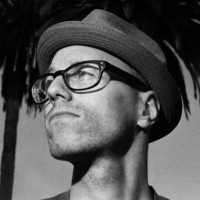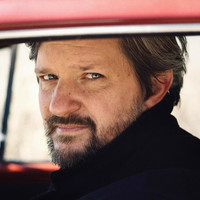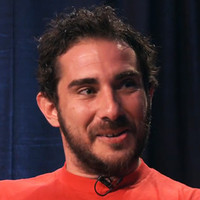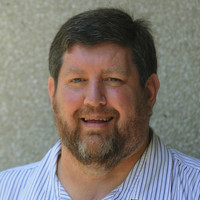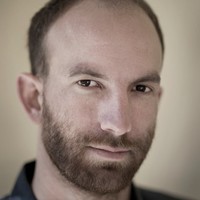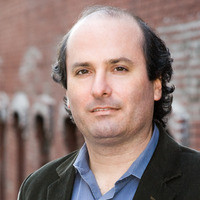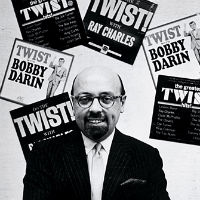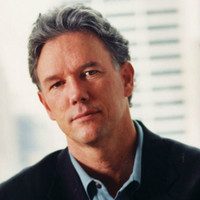Parul Sehgal is a book critic for The New York Times.
“I write about books, I review books, but in a sense, to do my job at a newspaper also puts that pressure on a piece to say: why should you read or care about this? You’re trying to tweeze out what is newsworthy, what is interesting, what is vital about this book….My job is I think to be honest with the reader and to keep surfacing new ways for me and for other people to think about books. New vocabularies of pleasure and disgust.”
Thanks to Mailchimp and Pitt Writers for sponsoring this week's episode.





